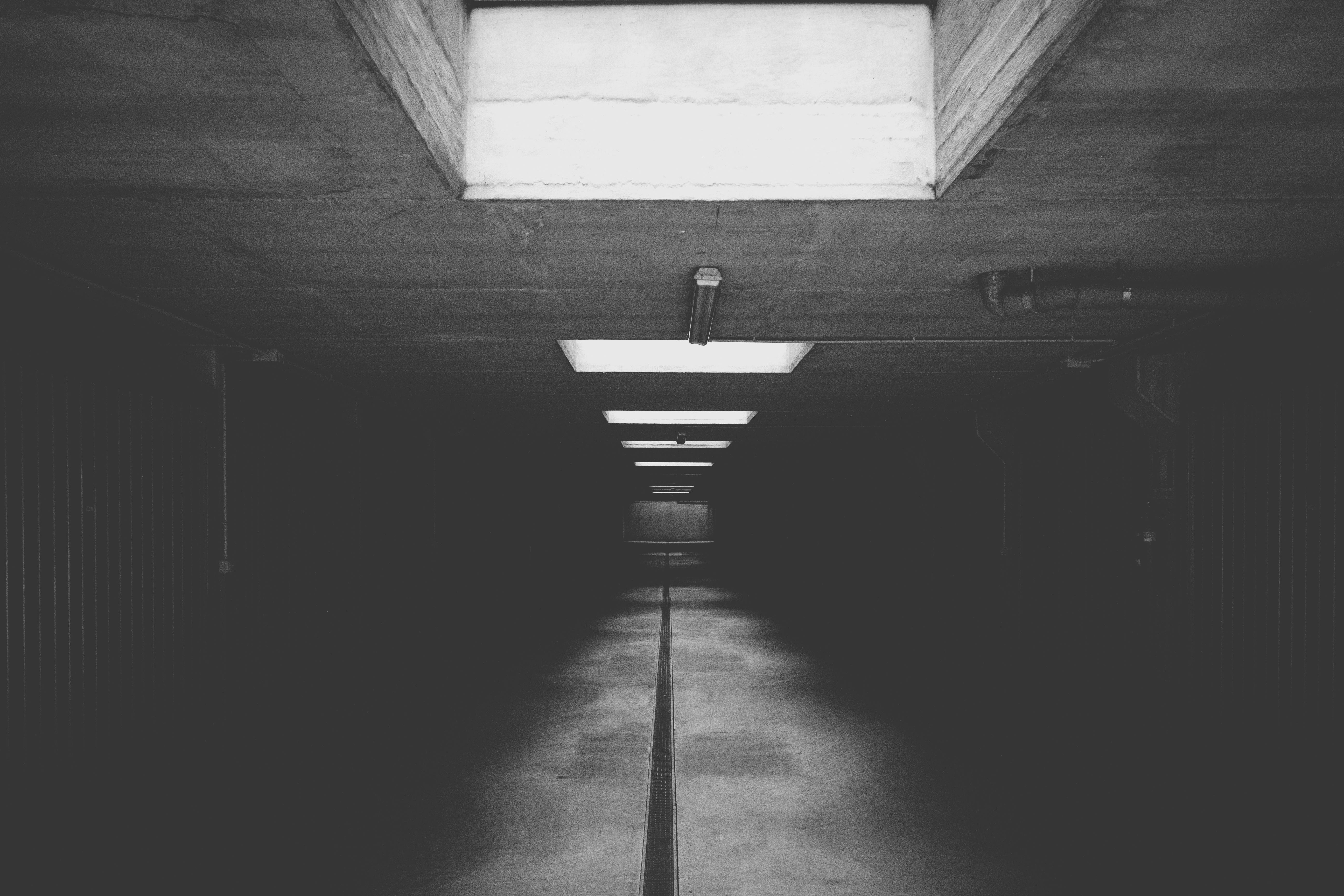At some point in almost everyone’s life, you need to use a storage facility for the short-term or long-term storage of household or commercial items. Are all public storage facilities the same? Hell no. This article focuses on the top 10 items to consider when selecting a place to store your valuable belongings. After all, whatever you are storing must have some meaning or value to you or you wouldn’t keep it, right?
1. Rent: One of the most important factors when considering a storage unit is its location. The storage facility should be conveniently located near major highways or highways and somewhere near where you live or work (or in the middle) for easy access. If you are moving and need short-term storage, consider the advantages of selecting a site that is closer to your old home or business or closer to your new one.
2. Security: Improvements in technology mean that security should be one of the most important criteria to consider when selecting where to store your household or business items. Newer storage facilities provide high-tech security systems, such as matching the door access code to your individual storage unit. This means that when you enter the grounds and open the access door, the same number you use to enter also unlocks your storage unit and then rearms it when you enter your code to exit the facility.
By the way, the safest facilities should definitely have access doors and high surrounding fences or walls. Another important security feature is video surveillance that records activity in and around the units. Lastly, on-site managers help ensure your items are safely stored.
3. Insurance protection: Most modern public storage facilities have storage insurance available if you don’t already have your items covered by your homeowner’s or renter’s insurance policy. Although there is a small chance that you will ever need it, catastrophic events and other unforeseen events can occur.
4. Access hours: Most quality storage facilities limit access to certain times of the day. You will need to take this into account in your decision to have maximum access to your drive. Ideally, you should be able to access your unit seven days a week from early in the morning until well after 5:00 p.m. One thing to keep in mind: Storage facilities that are open 24 hours are more likely to attract to people trying to live in your unit, which is probably not what you want in a secure facility.
5. Pest management: Depending on where you live, you may need to ask about handling insects, mice, and rats. Newer facilities tend to have fewer problems with pests, but it is still important to ask the facility you are considering what their pest management protocol is.
6. Variety of unit sizes: If you have a small number of items you want to store, the last thing you need is a one-car garage-sized unit. Self-storage facilities generally offer a variety of unit sizes to their customers for small and oversized needs, such as whole-home furnishings, car and boat storage, and business files and supplies. With a selection to choose from to suit your needs, you don’t have to pay more than you need or try to fill a small unit from floor to ceiling. When that happens, it increases the chance that you will have to unpack the entire unit just to find one item.
7. Outside storage: If you need to store an RV or other large vehicle, make sure the facility you select has the type of space you want. Some storage lots even offer covered parking for boat and RV storage.
8. Support services: Most warehousing facilities provide a variety of support services and supplies. They usually sell boxes and tape at a minimum, but others also have mattress covers, sofas, and chairs for sale. Similarly, warehousing companies also have dollies and carts that they lend or rent to their customers. Whether you buy boxes and covers from your public storage facility or not, make sure you enclose your items well to better protect them from damage related to weather, dust, or other damage.
9. Community Attentive and courteous staff: The best storage facilities are operated by community-minded people who give back to the communities they serve. Warehousing facilities that offer a discount to seniors, the military, and others who may be more subject to difficult financial situations say something about their business philosophy. Facilities that accept deliveries are also an added bonus.
As with all services, it is always best to do business with friendly and professional staff members. Although most of your interactions after logging out will not involve much interaction with facility personnel, it is always good to know that customer service is a priority for whatever facility you select.
10. Terms of service: In most cases, month-to-month rental of storage units is the preferred method of storage units. By selecting a month-to-month storage facility, you have the flexibility to set up monthly payments for longer needs without having to worry about entering into a contract that is ultimately unnecessary.
With these resources in mind, you can find the perfect storage solution to meet your business or home storage needs.
